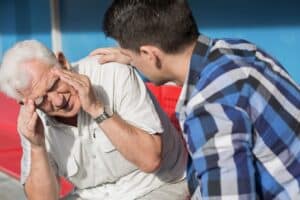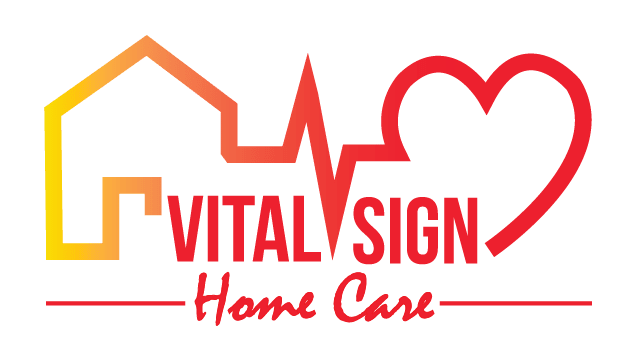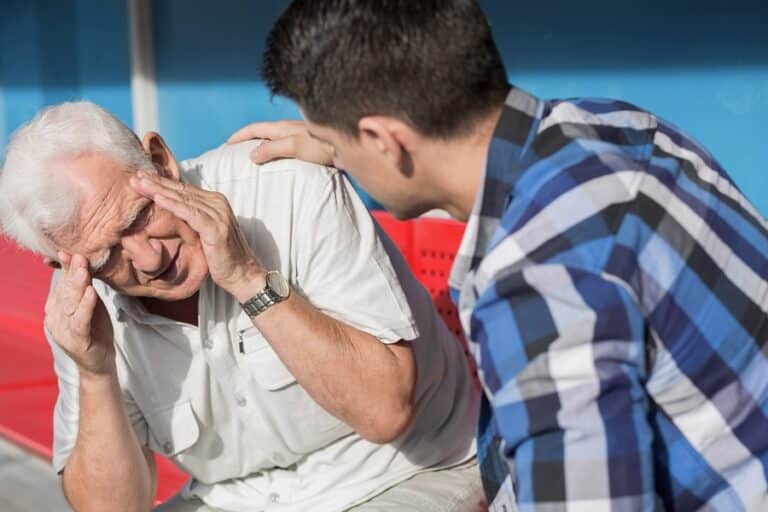RSV (Respiratory syncytial virus) is a respiratory virus that is fairly common and for most people, presents itself like a cold, making them miserable for a while but not putting them in any danger. They might need to use some cough suppressant, buy an extra box of Kleenex, and get some additional rest but within a week or so, they’ll be feeling better and ready to be back in the thick of things. Most healthy adults who get RSV never even know they have it. Should they have it, their veterans’ home care providers can assist in tasks that would need to be done during recovery.
However, RSV can present more serious health issues for the elderly, especially those with underlying conditions. It can develop into a dangerous situation where your loved one needs to be admitted to the hospital for treatment and the prevention of his current symptoms getting any worse.
RSV is spread from person to person, often from droplets in the air, but also from surfaces where the virus lives when they aren’t cleaned. It is fairly easily spread from person to person so if anyone in your loved one’s life is not feeling well, even if it’s his veterans’ home care provider, he should avoid being around that person as much as possible.
Once exposed, most RSV symptoms take between 4-6 days to develop. If your loved one has not received the RSV vaccine, some early symptoms he might experience include congestion, sore throat, dry cough, a low-grade fever, and a mild headache. Most of these early symptoms will never escalate and can be treated at home. Have your veterans’ home care provider help with extra tasks around the house while your loved one gets a lot of rest and takes the appropriate over-the-counter medications like pain relievers and throat lozenges to reduce his symptoms. His veterans’ home care can also help make him more comfortable by running a humidifier and ensuring that he drinks plenty of fluids to prevent dehydration.
But unfortunately, for some elderly individuals, the symptoms continue to get worse. This can be especially common for those who are already battling other health issues like asthma or congestive heart failure. Anyone with a weakened immune system is also at higher risk of RSV changing from a minor irritant to a serious health risk.

Symptoms to watch for include:
- Wheezing – a loud noise that can sound like a whistle as your loved one breathes out.
- A severe cough that doesn’t end.
- Difficulty breathing or rapid panting to get enough air. Your loved one might complain that he cannot breathe when he lies down and only wants to try to sleep sitting up.
- A high fever.
- Skin that is turning blue (especially around the fingernails and lips). This is caused when your loved one is not getting enough oxygen in his body.
These symptoms might indicate that the virus has spread to your loved one’s lower respiratory tract and can lead to pneumonia or bronchiolitis. If any of them develop, you should bring your loved one to the doctor right away to have him examined and treated to prevent them from getting worse.
If you or an aging loved one is considering Veterans’ Home Care Services in Ellicott City MD please get in touch with the caring staff at Vital Sign Home Care today. (410) 814-0258
A Trusted Skilled Medical and Non-Medical senior home care provider in Annapolis, Arnold, Severn, Guilford, Towson, Brooklandville, Catonsville, Cockeysville, Bel Air, Ellicott City, Columbia MD, and surrounding areas.
Venus had a stroke in 2018, she had no movement on the right side of her body and was unable to speak. Venus has made great progress since then and shows up everyday doing her best. She takes pride in overcoming obstacles and never giving up, which has allowed her to obtain a level of success in healthcare.
- Tips for Exercising with Parkinson’s Disease - November 5, 2024
- What to Know About Senior Self-Care Products - October 17, 2024
- Supporting Seniors as They Navigate Daily Changes - October 3, 2024

